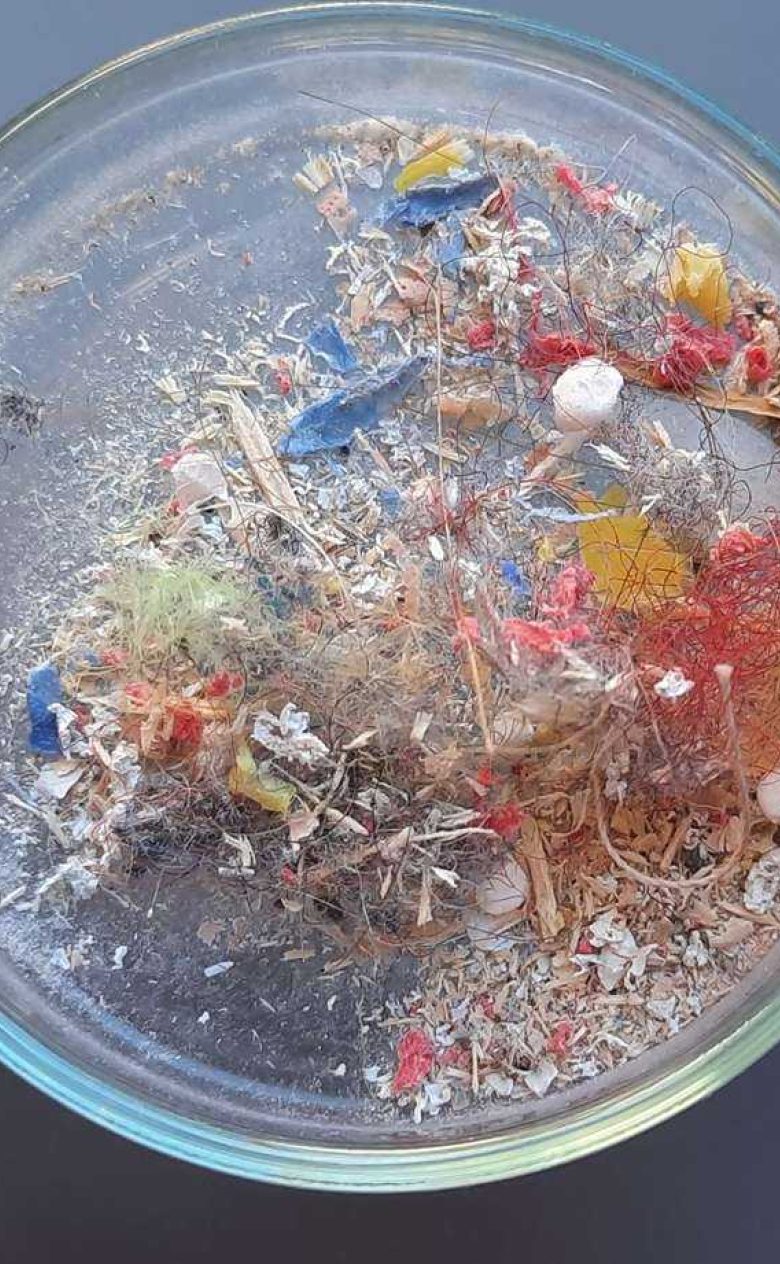How bad are microplastics for our health?
More research is needed into the health risks associated with microplastics, Dutch toxicologists argue in the renowned scientific journal Science. It is still entirely unclear whether these new environmental pollutants represent a serious health risk, and so the answers to that question are urgently needed.


Microplastics, the collective term for small and very small plastic particles, are everywhere. They can enter our bodies through various routes (for example, through the air, food and water). The exact level of exposure, and what microplastics do in our bodies, is still largely unknown. However, we do know for certain that plastic particles are virtually undegradable and there are indications that they may be harmful in several ways.
Health risk
In an article published in the scientific journal Science, toxicologists Dick Vethaak of Deltares and Emeritus Professor at VU-University Amsterdam, and Juliette Legler, Professor at Utrecht University, describe the current state of play in microplastics research. According to Vethaak and Legler, it is not at all clear whether these new environmental contaminants are a serious risk for our health. Crucial knowledge about exposure and risk is lacking, leaving too many uncertainties.
In addition, there are still no good methods available for measuring the miniature particles in the body. Nor do we yet know how the immune system deals with these ‘foreign’ particles. Harmful chemicals and potentially pathogenic micro-organisms that bond to the surface can hitchhike into the body with the particles. Much more research is needed for a proper assessment of the risks. The authors therefore argue explicitly for the key knowledge gaps in research to be addressed quickly in order to provide timely support for health policy and risk reduction measures.
Worldwide pioneering role
The Netherlands is currently playing a pioneering role in research into the health risks of micro- and nanoplastics. For example, during a virtual meeting on 11 January 2021, the results were presented from fifteen ‘breakthrough projects’ financed by ZonMw. During the meeting, ZonMw also presented a strategic knowledge agenda to State Secretary Stientje van Veldhoven. That agenda was drafted for the Ministry of Infrastructure and Water Management.
The new research project MOMENTUM was also announced. This is a project involving 27 research institutes and companies coordinated by Legler and Vethaak. The aim of the multidisciplinary research is to lay the foundations of a research infrastructure for microplastics & health in the Netherlands upon which all stakeholders can build in the coming decades.
The collaboration and knowledge sharing with, among others, the polymer industry and the medical world in the programme is unique and it will encourage targeted research and the development of practical solutions.
